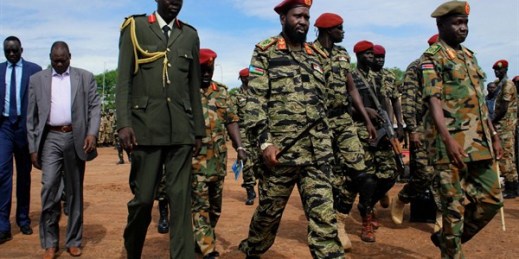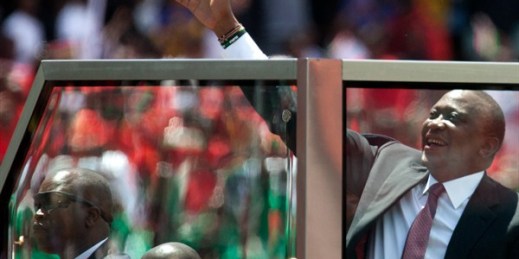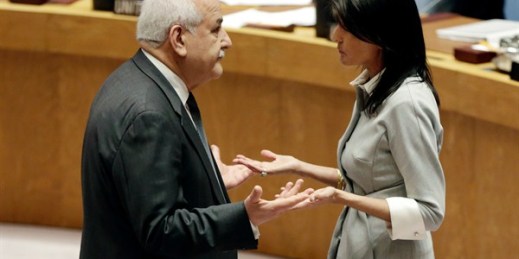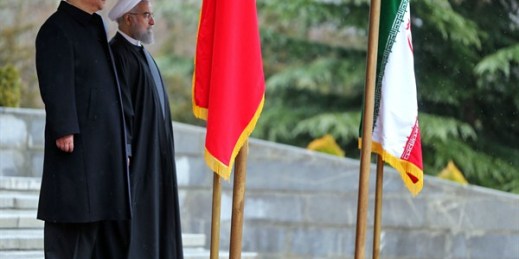
Editor’s Note: Every Friday, WPR Associate Editor Robbie Corey-Boulet curates the top news and analysis from and about the African continent. Four years after South Sudan’s civil war began, leaders signed yet another cease-fire this week, and diplomats expressed cautious optimism that the agreement represented real progress in ending fighting that has killed tens of thousands of people and triggered the largest African refugee crisis since the Rwandan genocide of 1994. The cease-fire is due to come into effect Sunday. It was negotiated by the Intergovernmental Authority on Development, or IGAD, a regional East African bloc, during talks in Ethiopia […]



